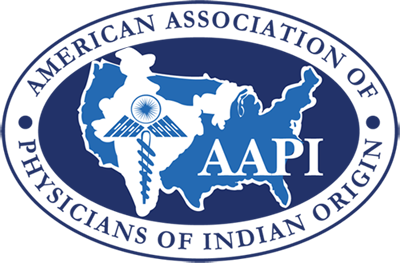By Rupa Pereira

We’ve all got a bucket list, right? Exotic vacations, learning to dance, starting a business, or hiking in the Himalayas. But there’s one list we often forget, the ‘Kick the Bucket List’ – you know, the one that deals with what happens after the bucket gets kicked. And that, my friends, is where estate planning comes in. It’s basically your final say in who gets your stuff, so you don’t end up haunting your relatives for the next century. After all, life is such a beautiful thing, so why talk about after-life, but that reality is in store for each of us at some point in the future – how near or how far, time will tell. Even if we believe in after-life, our finances are bound to our earthly existence in this life.
Even though it is a less talked about aspect of financial planning, Legacy Planning is quite a dense topic and is complicated enough for those that are born, domiciled and die in one nation – be it India or USA. Moreover, when we’re discussing 1st generation families and their cross-border economic and social ties, the complexity scale goes up quite a few notches.
To do proper justice to this important, yet hardly understood area, I’ll cover this in a series, this being the first part. Part 1 defines estate, its purpose and a Will.
An “estate,” in the context of estate planning, refers to the total property and assets that a person owns at the time of their death. Estate planning is a crucial process in the US that ensures a person’s assets are transferred according to their wishes, preventing disputes and potential financial hardship for heirs. It also involves addressing complex family situations and minimizing estate taxes. In short, it is a legal framework that the US state courts rely on for distribution of assets and settling of debts for the deceased member.
Legacy: Estate planning is more than just deciding where your assets go after you’re gone; it’s about ensuring your legacy reflects your values and wishes. It allows you to protect your loved ones, provide for their future, and leave a lasting impact on the causes and people you care about. By taking the time to create a comprehensive estate plan, you can gain peace of mind knowing that you have made arrangements to safeguard what you’ve worked a lifetime to build.
Protection: In its essence, estate planning is a vital process that protects your loved ones and your assets in the event of incapacity or death. Without a proper plan, your family could face unnecessary stress, financial hardship, lengthy legal battles, and the potential for your assets to be distributed in a way that doesn’t align with your intentions. Estate planning provides you with the tools to control these outcomes, ensuring your wishes are honored and your family is provided for.
Control: Estate planning is about maintaining control—over your assets, your healthcare, and your legacy. It’s a proactive step to ensure that your wishes are carried out, even when you can no longer express them yourself. Through a well-crafted estate plan, you can direct how your property is distributed, who will care for your children, and who will make critical decisions on your behalf if you become unable to do so. Taking this essential step relieves your loved ones of difficult decisions during an already emotional time. For families caring for aging parents as well as minor children, this is an important element to include in your legal document.
Tax Implications: The US has estate taxes that can significantly impact the value of inherited assets. Estate planning strategies can help minimize these taxes, preserving more of the estate for beneficiaries. Estate Tax or Inheritance Tax is essentially a Wealth-Transfer Tax and is different from Income Tax that most of us are so familiar with. The rules/regulations vary based on the residency and citizenship of beneficiaries highlighting the careful planning with experts in this matter.
In its simplest form, a Legacy Plan is a Will – that’s drafted and notarized by a legal expert in the state of residence. In its sophisticated form, it may have multiple trusts and provisions for every possible scenario.
With a Will (Testate): If the person has a valid Will, it provides instructions on how their assets should be distributed. The Will typically names an executor, who is responsible for managing the estate.
Without a Will (Intestate): If the person didn’t have a Will, state law determines how their assets are distributed. This is called intestate succession, and it usually prioritizes spouses, children, and other close relatives. About 1 in 2 Americans die without having a will in place, leaving the court to decide how their wealth should be managed and who will care for their dependents – hardly a desired situation.
Next month, we’ll take a deeper dive in the probate process and alternatives.
Meanwhile, I leave you with this short limerick.
In lands afar, where we make our home,
With vasanas (desires and tendencies) of old,
yet futures to roam.
To uphold our dharma, Avoid family karma,
A clear icchapatram (will) guides what we own.
Rupa Pereira is a CFP, EA, CSLP and an Advice-Only Planner and Tax Professional based in North Carolina. She specializes in cross-border matters and all things financial planning. Contact: info@fwjplanning.com


